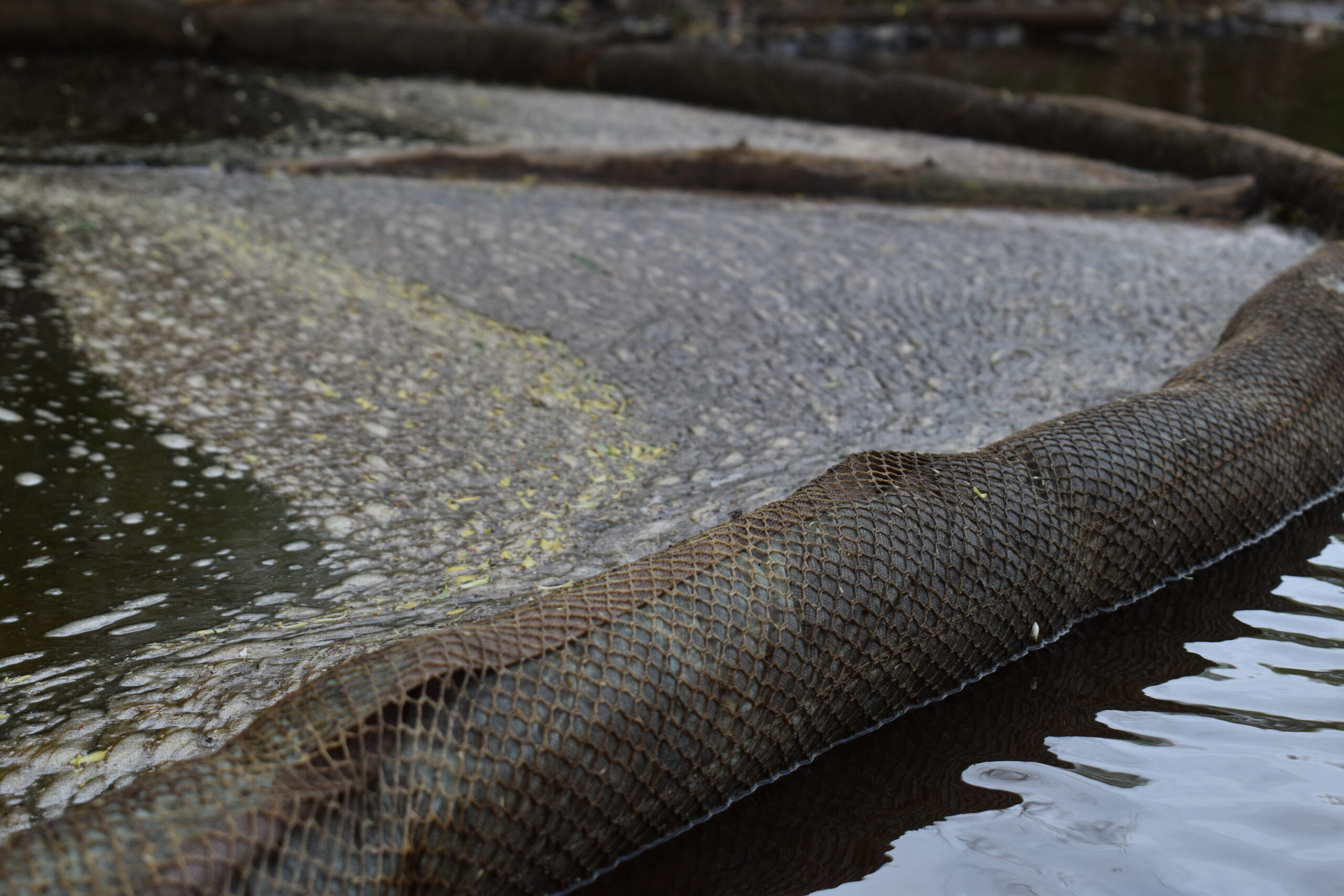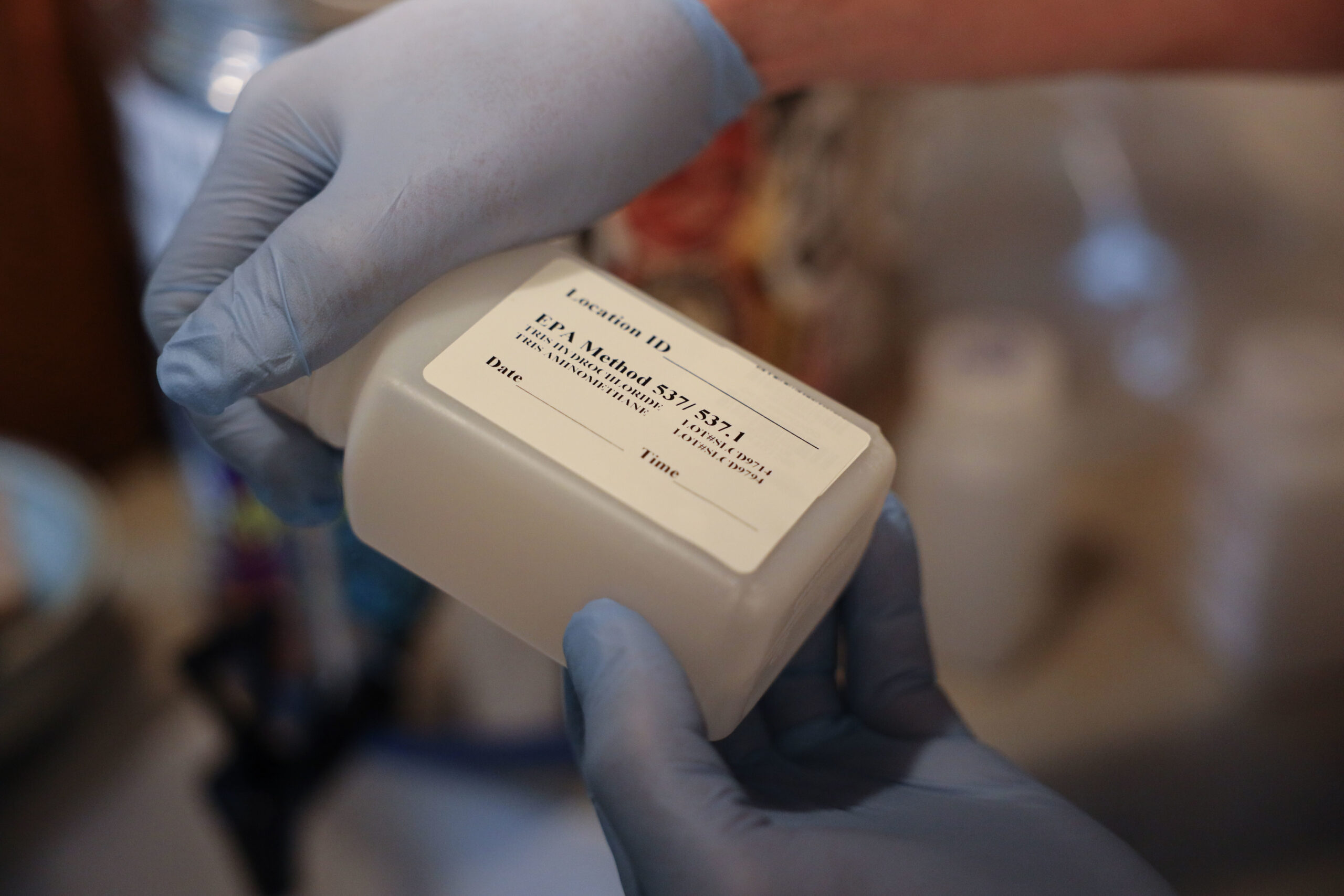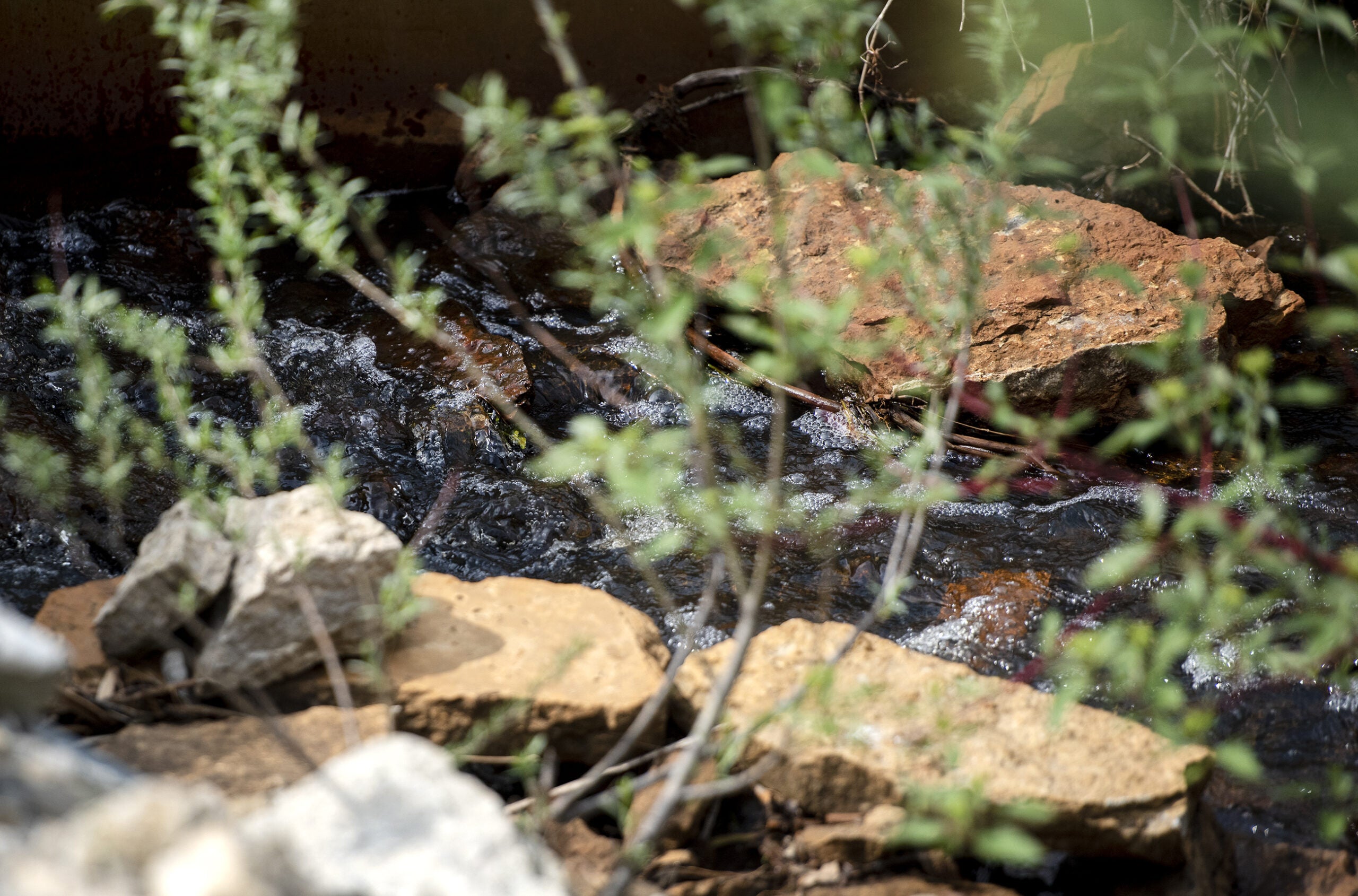After several years of drinking bottled water, people living with PFAS-polluted wells in the town of Peshtigo might be one step closer to a permanent source of safe drinking water.
Representatives of the town and city of Peshtigo, city of Marinette, Tyco Fire Products and Wisconsin Department of Natural Resources will take part in a virtual water summit Monday to negotiate a permanent solution for the northeastern Wisconsin residents struggling with PFAS contamination.
The pollution stems from decades-long use of firefighting foam that contained PFAS at Tyco’s fire training facility in Marinette.
Stay informed on the latest news
Sign up for WPR’s email newsletter.
The DNR selected environmental mediator Robert Olian with Illinois consulting firm envADR to facilitate discussions and negotiations about providing a public water supply to affected residents. Tyco has agreed to pay the mediator’s fees and expenses up to $25,000, according to an agreement obtained by WPR.
Under the agreement, participants have agreed not to disclose any information provided during the mediation sessions or comment publicly on details of the discussions.
Cindy Boyle, Peshtigo’s town board chair, said the summit feels long overdue as she and other community members have been fighting to move discussions forward for years.
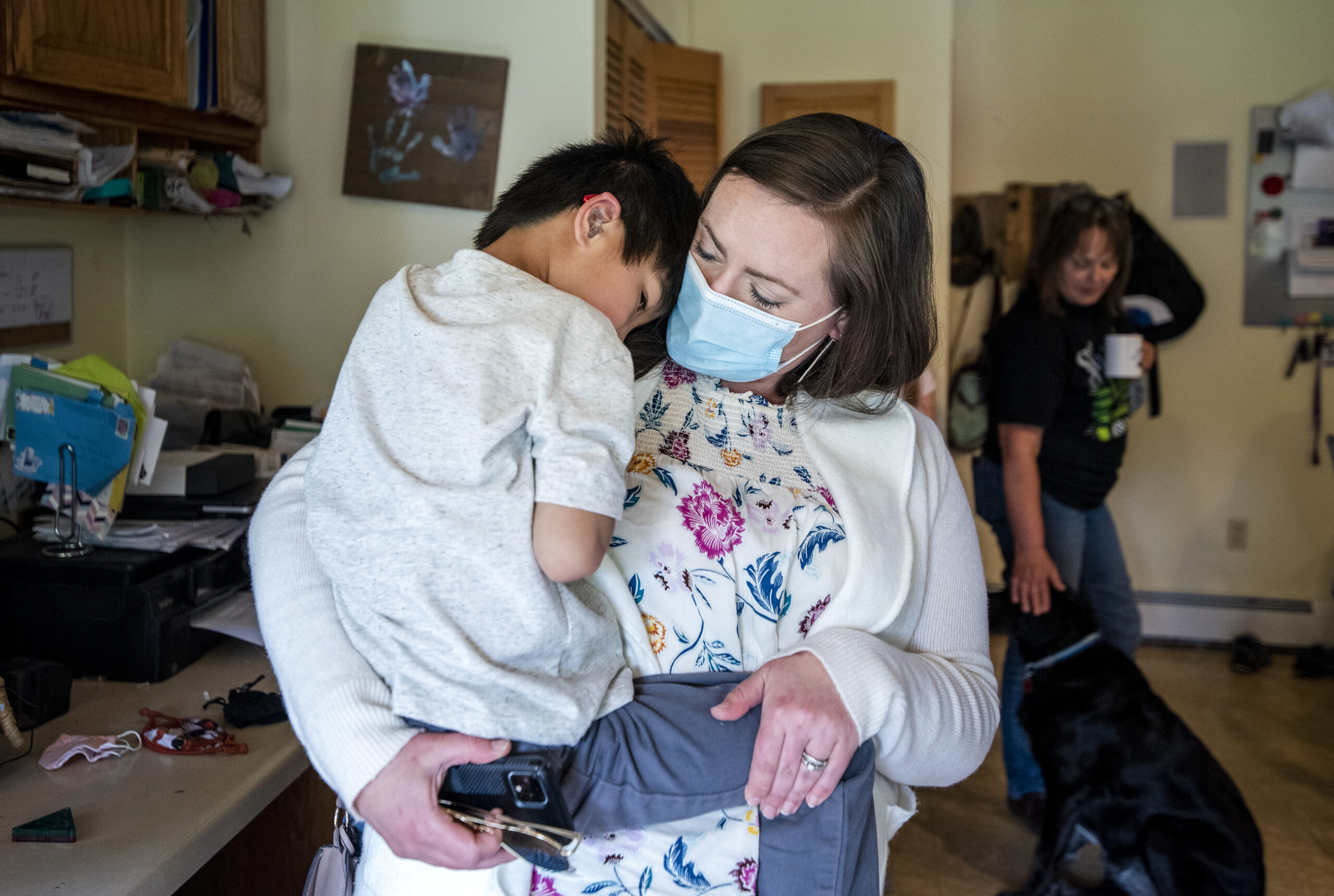
“They’re really tired of waiting for action — whatever that action ends up resulting in,” said Boyle. “They’re just tired of waiting for this to have been made a priority.”
Perfluoroalkyl and polyfluoroalkyl substances, or PFAS, have been linked to serious health problems, including thyroid disease, reproductive health issues and kidney and testicular cancers. The chemicals have been found in everyday products like nonstick cookware and firefighting foam. They don’t break down easily in the environment.
Tyco and Johnson Controls International first began investigating PFAS contamination at its Marinette facility in the fall of 2017 – four years after they discovered pollution on site. Since then, the path to a source of clean water has been bogged down by delays.
The DNR and Tyco have disputed the scope of contamination emanating from the fire training center and who is responsible for investigating the pollution. Last May, the Marinette manufacturer disregarded regulators’ demands to test more wells in an extended area around its facility.
Even so, officials with Tyco and Johnson Controls have said they’re committed to paying for a water line that would bring municipal water to town of Peshtigo residents. The company paid for an independent engineering consultant to evaluate all options for the town, saying a water line is the best option. But, town officials asked Tyco to consider other alternatives at first like drilling deep water wells.
Last fall, town leaders passed a resolution to pursue negotiations with the city of Marinette on a water line, but conversations stalled. This past summer, Marinette passed its own resolution against extending water to the town of Peshtigo.
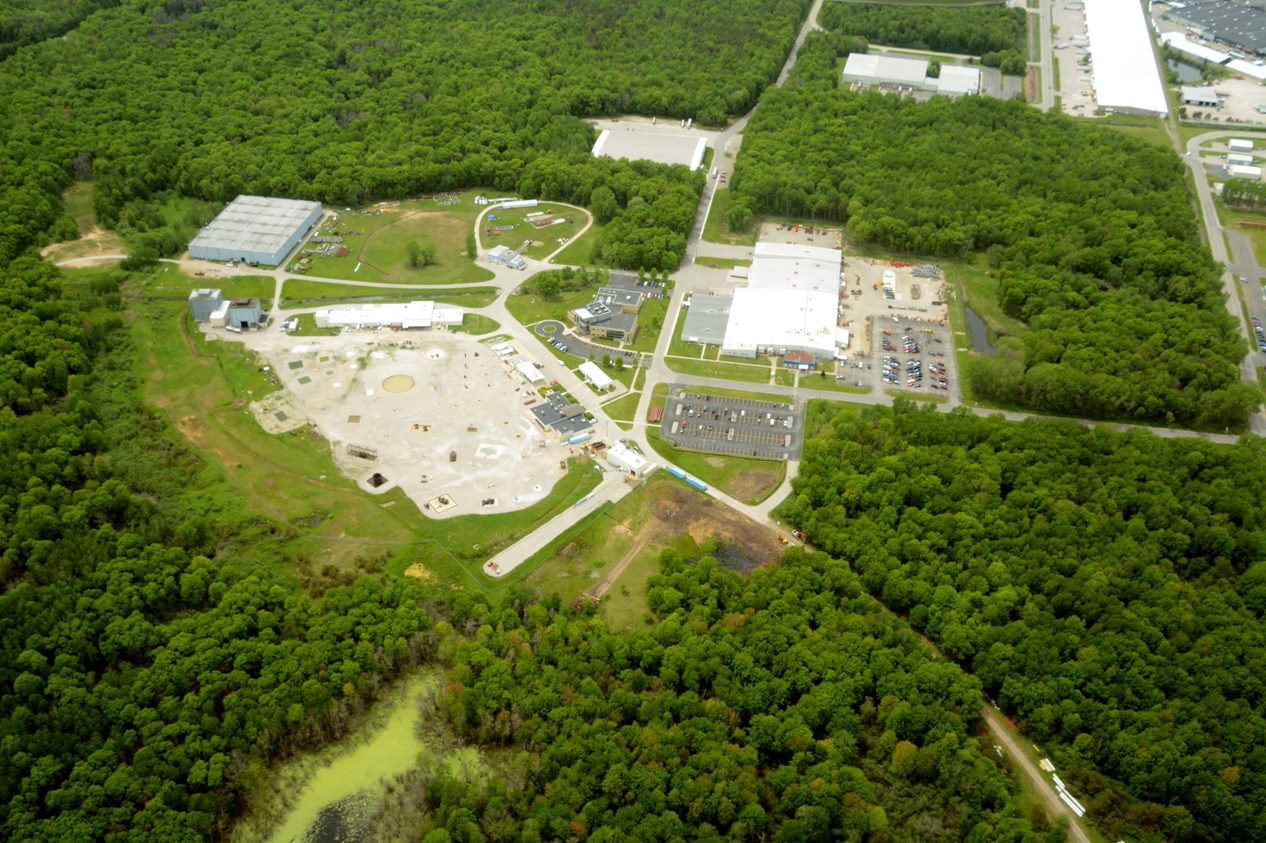
Katie McGinty, chief sustainability officer for Johnson Controls, said they’re thrilled discussions are moving forward on a permanent source of safe water.
“What we hope is that the parties in the discussion will be able to align around the details: the how, what, where and when of the water line getting built, being put in place, the sources of the water, and enable us to move forward,” said McGinty.
Boyle said officials with the city of Peshtigo have indicated they’re willing to cooperate on a water line if that proves a viable option. She’s optimistic the summit will yield a solution for community members who are weary of relying on bottled water.
“Until you live in the experience of having to cook with and brush your teeth with bottled water, you don’t realize just what a severe inconvenience that is,” said Boyle.
Tyco said it’s been providing bottled water to 173 households in the Peshtigo and Marinette area and installed around 40 water treatment systems in homes with elevated levels of the chemicals.
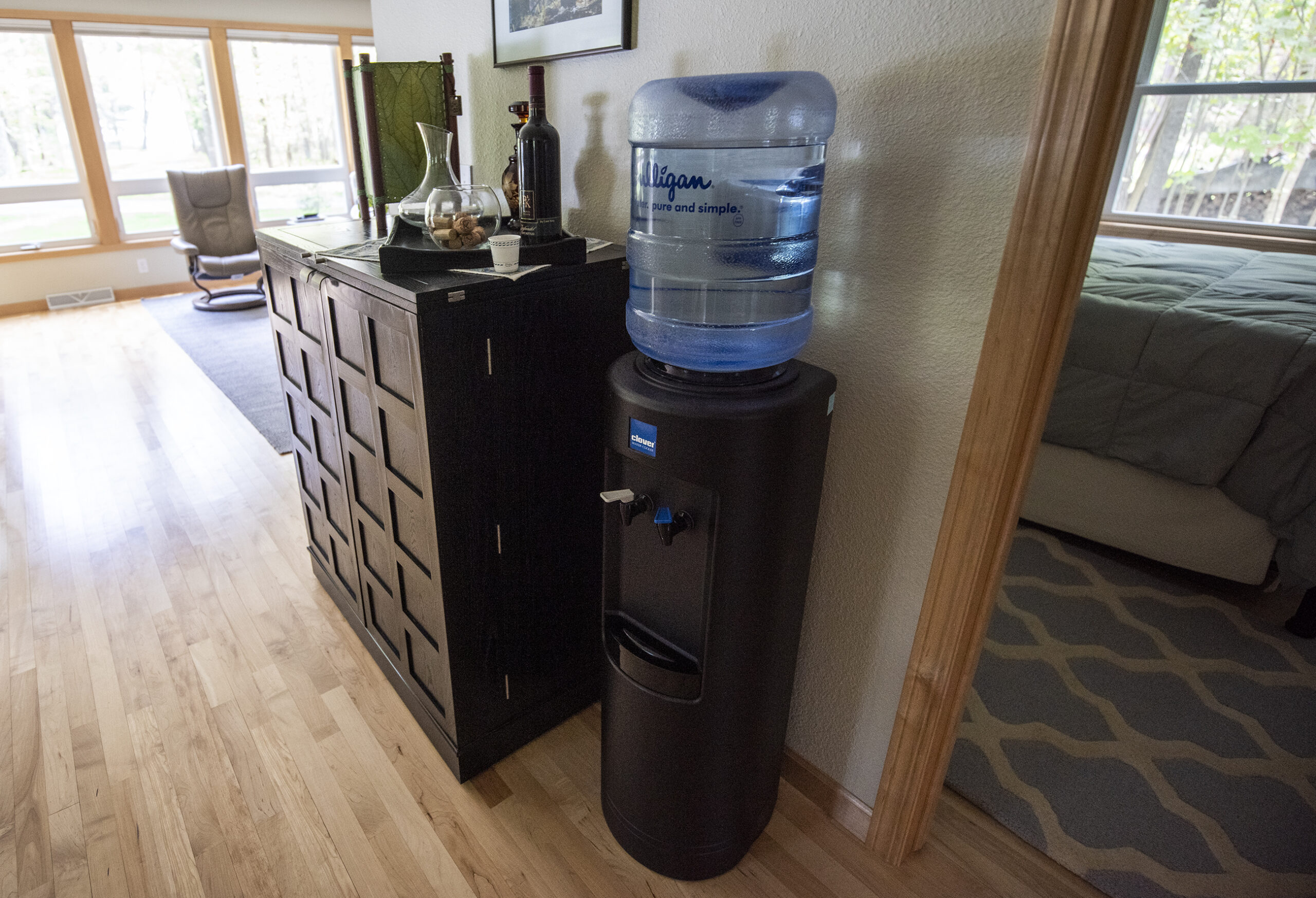
The company anticipates there will be a series of conversations regarding a permanent water solution. A follow-up meeting has been tentatively scheduled for Dec. 15.
The Peshtigo and Marinette area is the site of the state’s largest, most complex PFAS investigation.
In 2019, the DNR referred Tyco and Johnson Controls to the Wisconsin Department of Justice for failing to report any release of the chemicals when it was first discovered in 2013. Company officials have said they believed contamination was confined to the site of its facility. Justice officials are considering civil enforcement action against Tyco.
In January, the company reached a $17.5 million settlement with Peshtigo residents over widespread PFAS contamination in an area covering roughly 270 homes.
In May, the DNR gave conditional approval of Tyco’s plans to treat PFAS in groundwater flowing from its site through a groundwater extraction treatment system. State regulators warn the system will reduce, but not eliminate, PFAS pollution in groundwater over the next three decades.
The state has detected at least 51 sites within 25 communities that have PFAS polluted groundwater, including La Crosse, Eau Claire, Madison and Rhinelander.
Wisconsin Public Radio, © Copyright 2025, Board of Regents of the University of Wisconsin System and Wisconsin Educational Communications Board.
